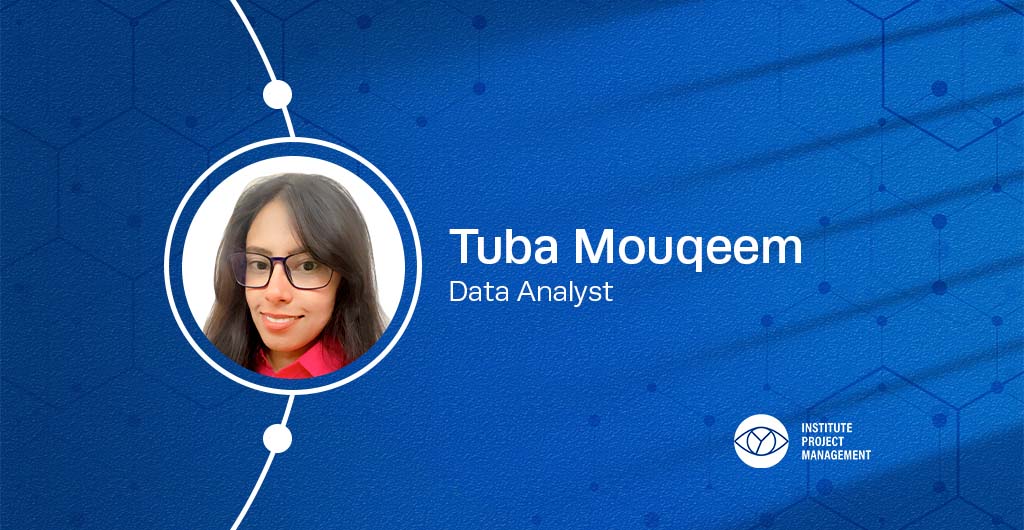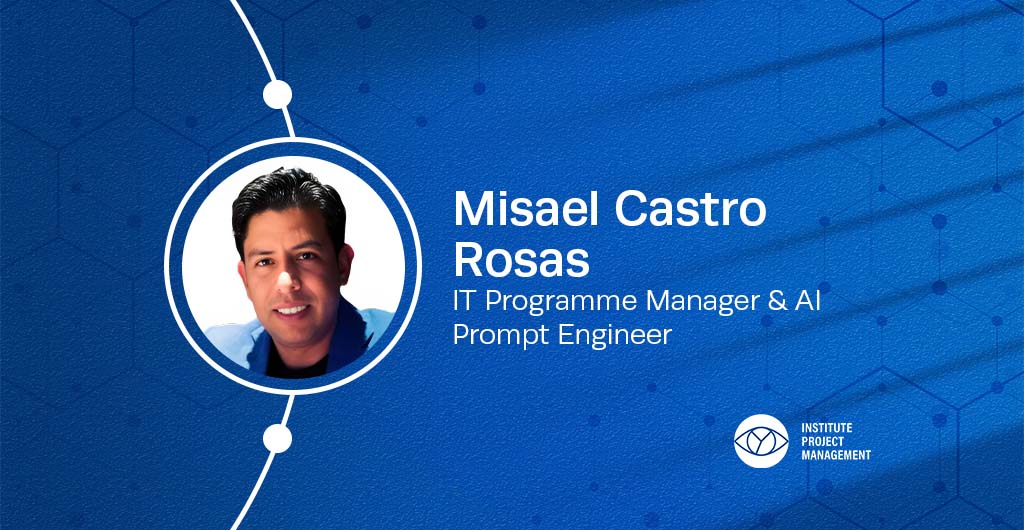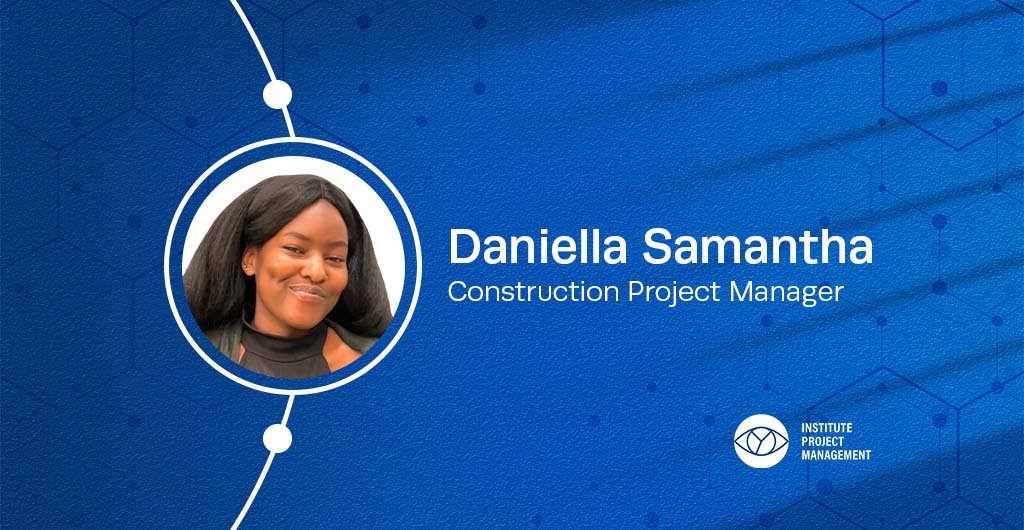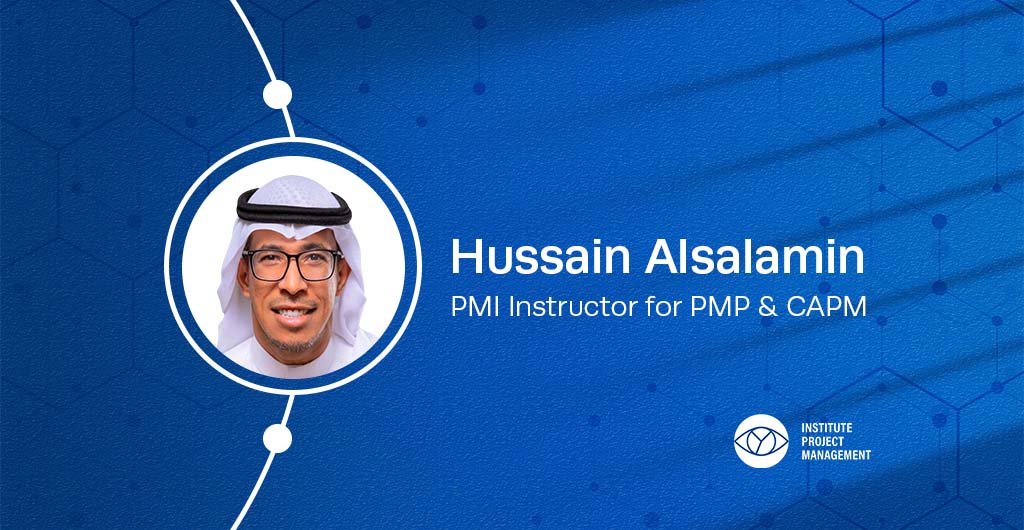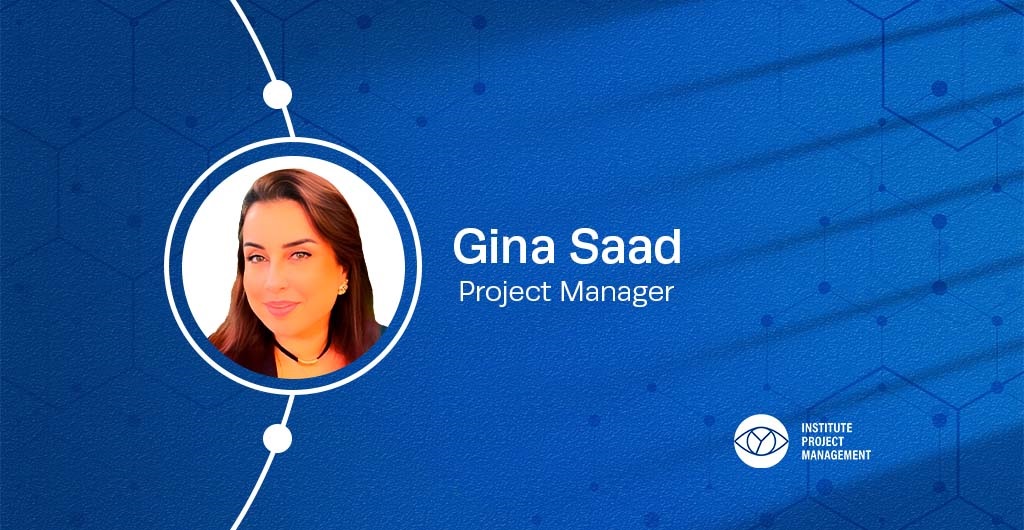Need advice? Call Now, Schedule a Meeting or Contact Us


Speak to an advisor
Achieve career growth with our agile project management diploma. Learn the importance, key components and career benefits of Agile today.
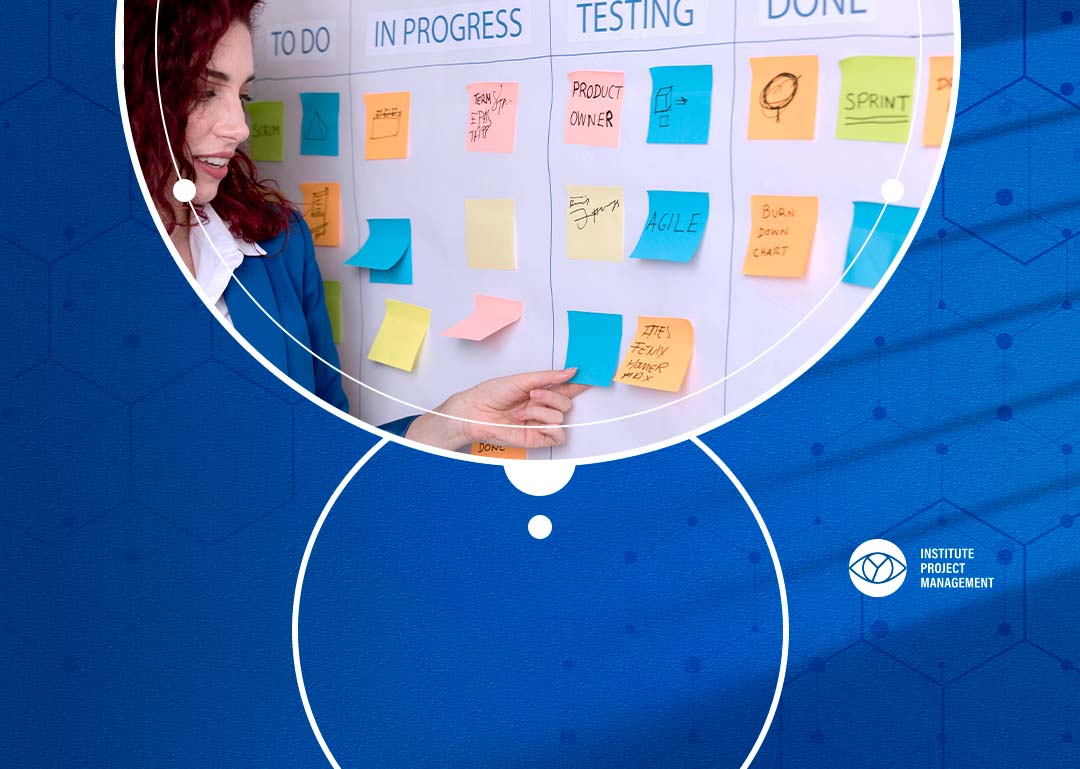
Changes in market demands, technological advancements, and customer expectations are the most constant factors businesses face today. Agile project management has become a dominant methodology, enabling organisations to respond to these changes with speed and efficiency. Unlike traditional methods that may falter under pressure, Agile offers flexibility, adaptability, and continuous improvement, making it indispensable in various industries.
This article aims to provide its readers with a comprehensive understanding of Agile project management, exploring its history, comparing it with traditional approaches, and outlining the key components. Additionally, it will highlight the career benefits of obtaining an Agile Project Management Diploma and how this qualification can drive your career forward. By the end of this article, you’ll have a clear grasp of why Agile is increasingly becoming the future of project management.
The origins of Agile project management, particularly in software development, can be traced back to the late 20th century. Before Agile, the Waterfall model was the dominant methodology, but it often struggled with inflexibility, especially in rapidly changing environments. This led to the creation of the Agile Manifesto in 2001, a set of guiding principles that emphasised customer collaboration, flexibility, and iterative development.
Agile was designed to address the limitations of traditional methods, focusing on delivering value quickly and efficiently. Over the years, it has expanded beyond software development and is now used in various sectors, including finance, marketing and manufacturing.

Traditional project management, often called the Waterfall approach, follows a linear and sequential process. Projects are planned in detail upfront, and each phase must be completed before the next begins. While this method works well for projects with clearly defined requirements, it can be rigid and slow to adapt to changes.
On the other hand, Agile is an iterative and incremental approach. Instead of planning everything upfront, Agile teams work in short cycles called Sprints, continuously delivering small, functional parts of the project. This allows for constant feedback, quick adjustments, and a focus on providing value to the customer throughout the project’s lifecycle.

| Aspect | Agile | Waterfall | |
| 1. | Flexibility | Highly adaptable to changes | Rigid and difficult to adapt to changes once the project starts |
| 2. | Phases | Iterative cycles (Sprints) | Sequential and linear phases |
| 3. | Customer Involvement | Continuous feedback and involvement | Limited to specific phases, mainly at the beginning |
| 4. | Risk Management | Early and frequent assessment of risks | Risks assessed primarily during the planning phase |
| 5. | Documentation | Minimal and just-in-time documentation | Extensive documentation at each phase |
| 6. | Delivery | Continuous delivery of smaller, functional parts | Single delivery after project completion |
Obtaining an Agile Project Management Diploma can open up various career opportunities and set you apart in a competitive job market. Here’s how:

Our Agile Project Management Diploma is designed to give you a deep understanding of Agile principles and practices. By combining theoretical knowledge and practical application, you will learn how to manage Agile projects effectively and drive success in your organisation.
The diploma covers essential topics such as Agile frameworks (Scrum, Kanban, Lean, etc), Agile approach to planning, user stories and Agile estimating, and product backlog. You will also gain hands-on experience through case studies and real-world scenarios, preparing you to apply Agile methodologies in your career.
By enrolling in IPM’s Agile Project Management Diploma, you will earn globally recognised credentials, including the IPMA Agile Professional Certification and the Professional Diploma in Agile Project Management issued by IPM. Additionally, our programme offers ongoing support and resources, including access to a network of Agile professionals and opportunities for continuous learning. By completing our diploma, you will enhance your skills and position yourself as a leader in Agile project management.

The increase in adoption of Agile methodologies across industries suggests that Agile is not just a trend but the future of project management. Organisations are now recognising the benefits of Agile (such as faster delivery times, better customer satisfaction, and improved risk management) and are integrating Agile principles into their project management processes.
However, while Agile offers many advantages, it is essential to remember that it’s not a one-size-fits-all solution. Agile's effectiveness depends on the project's specific needs, the organisation’s culture, and the team’s capabilities. That said, having a solid foundation in Agile through an Agile Project Management Diploma ensures that you are prepared to journey through the evolving field of project management.
If you aim to advance your career, switch to a new field, or simply sharpen your project management skills, our diploma offers all the training you need. Adopting Agile practices will place you at the cutting edge of the project management profession and prepare you well for future challenges and opportunities.
Why wait? Enrol in our Agile Project Management Diploma today and start building skills to propel your career forward.
Reference Literature:
